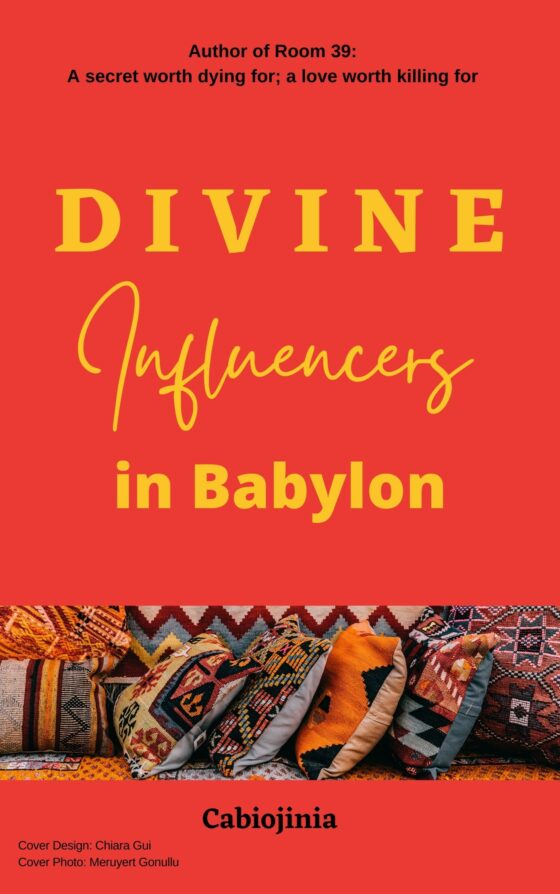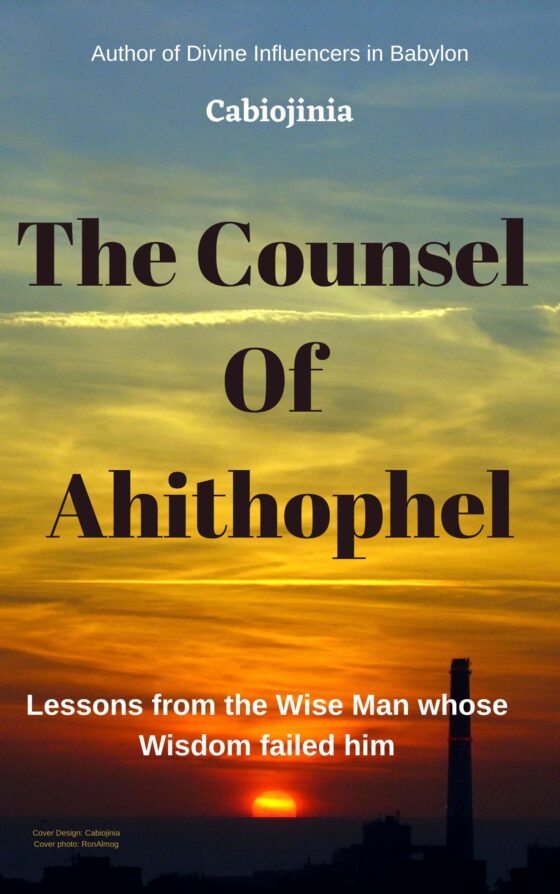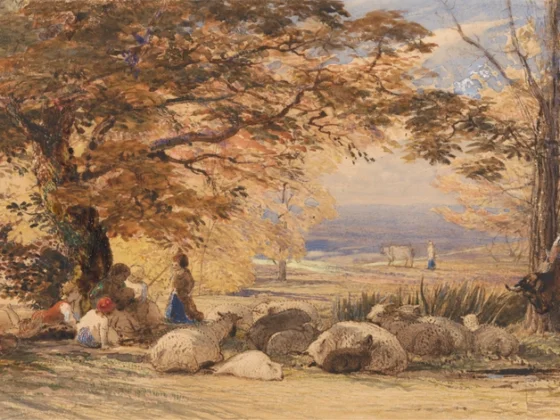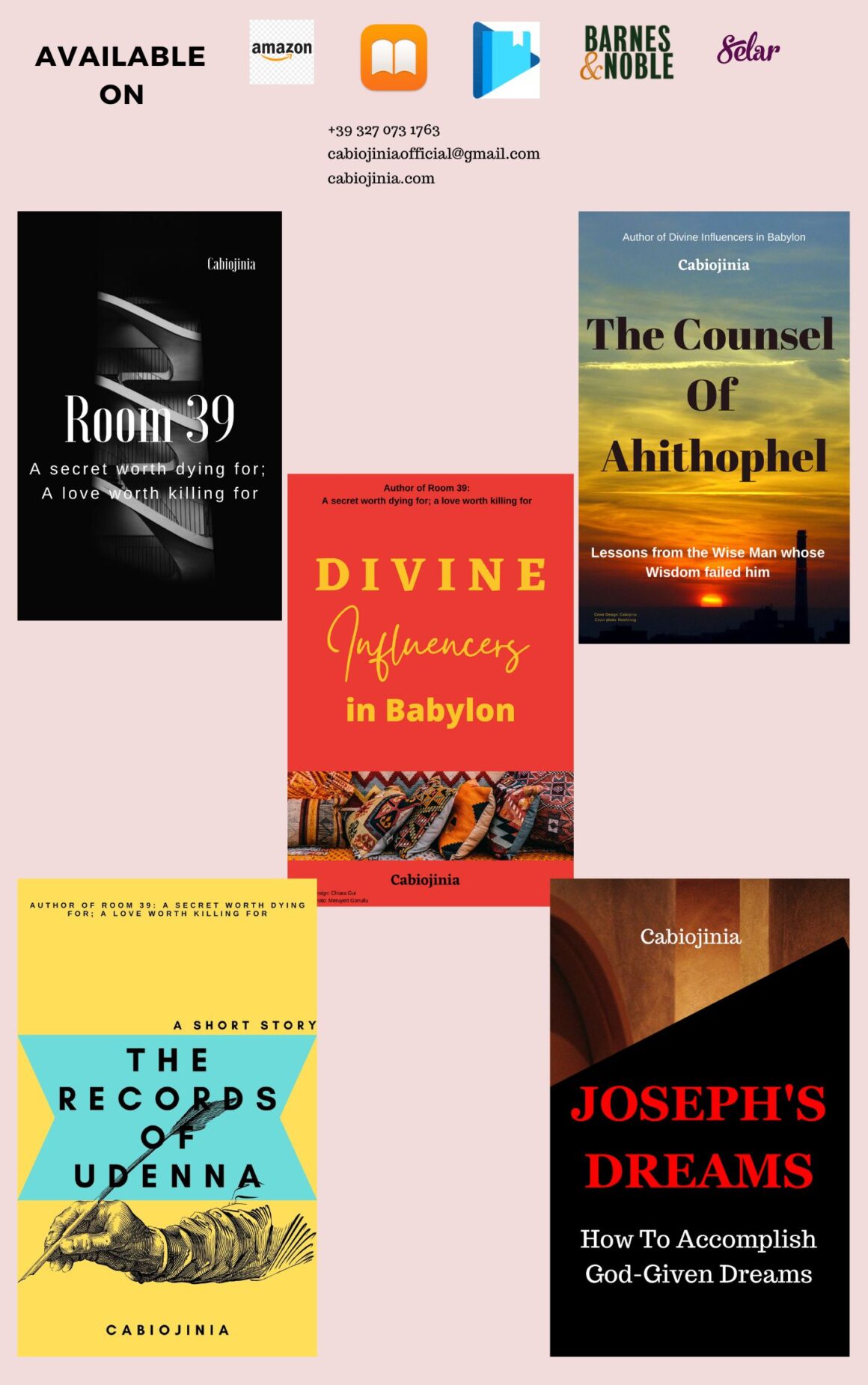“What then [does it matter]? So long as in every way, whether in pretense [for self-promotion] or in all honesty [to spread the truth], Christ is being preached; and in this I rejoice. Yes, and I will rejoice [later as well]”
These were the words of Apostle Paul as contained in Philippians 1:18. He was in Rome when he wrote an epistle to the Christian Church in Philippi about 64 A.D. In this verse and in the two preceding verses, he had identified two groups of people who preach the gospel – the envious and dishonest, and the good-willed.
However, he was happy that both groups contributed in the preaching of the gospel.
Alexander the Great
One thing that struck me as I read that passage of the scripture is the similarity it shares with the statement of an ancient impetuous but valiant warrior and commander. A great conqueror whose exploits heralded the Hellenistic world. A great ruler that was born in Macedonia.
Philippi was a major Greek city whose original name was Crenides. It was renamed by King Philip II of Macedon in 356 BC. In fact, Philippi falls under the region of the then Macedonia.
Born to King Philip II and Queen Olympias in 356, in Macedonia (an ancient kingdom on the periphery of archaic and classical Greece) was Alexander III, the son of Zeus as a legend suggests, and as Alexander’s mom would love him to believe.
Alexander was a courageous child that at the age of 12 began displaying some impressive skills like the taming of a fierce horse, Bucephalus, that would later become his companion in almost all of his battles. At age 13 his father brought him under the tutelage of the great Philosopher, Aristotle.
Now, after the assassination of King Philip II in 336 B.C, Alexander the Great, then 20 years old, ascended the throne of Macedonia, eliminating all who could lay claim to the throne. After appointing Antipater to oversee the affairs of Macedonia, Alexander the Great began the conquest of Persia.
The Gordian Knot
After conquering some cities, Alexander and his forces headed to Gordium, the capital of Phrygia, in present day Turkey. Gordium is a city named after Gordius, the father of King Midas (the man who possessed the ability to turn everything he touched into gold, according to Greek mythology. To him we owe the term the golden touch or the Midas touch).
On arriving in the city, Alexander was shown an ancient chariot (an ox-cart) that was yoked with fitly intertwined knots tied to a pole. In fact, one Roman historian described the situation as “several knots all so tightly entangled that it was impossible to see how they were fastened.” So how could you possibly untie a knot that you can’t find her edges nor tell how the cart was fastened to it?
According to the story, an oracle had declared that anyone who is able to unravel these knots will eventually become the ruler of all of Asia. So, Alexander who was already seeing himself as the son of Zeus (the Greek god of the sky and thunder), and who was keen on conquering Persia had to do something; he couldn’t just walk away.
According to the Greek historian Arrian, the impetuous Alexander was instantly “seized with an ardent desire” to untie the Gordian knot. After wrestling with it for a time and finding no success, he stepped back from the mass of gnarled ropes and proclaimed, “It makes no difference how they are loosed.” He then drew his sword and sliced the knot in half with a single stroke.
Others claim he pulled out a lynchpin that ran through the yoke, that way the yoke unfastened itself. The more accredited version however is that of severing the cord by his sword. Whichever version is authentic, the important thing is that Alexander the Great would go on to conquer Egypt and a good part of Asia before his death at age 32.
And there goes the metaphor of the Gordian knot which signifies an intractable problem (untying an impossibly tangled knot) solved easily by finding an approach to the problem that renders the perceived constraints of the problem moot (“cutting the Gordian knot).
A few takeaways:
- Sometimes, the solution to that complicated and seemingly intractable problem is quite simple – slice the cord instead of thinking of complex solutions.
- The tool you need to change that situation is in your hand. Stop looking elsewhere.
- When faced with a complex situation, think of solutions beginning from what you have instead of what you don’t have.
- There’s always a solution to every problem. We just need to find it. If there’s a solution to sin (which is salvation through faith in Christ Jesus) then there’s a solution to all problems of mankind. That no one has found it doesn’t mean that you can’t.
- It makes no difference if you have 2 thousand or 200 thousand dollars. Just start where you are with what you have.
- When it comes to chasing your life goal and purpose, it makes no difference if you’re 20 or 40 years old. Once you discover your purpose in life, chase it. When that dream is accomplished, no one would care about your age. What matters is what you can do.
- It makes no difference whether you exercise in the morning or at night, whether you began when you were young or not. Now that you’ve realised the health benefits of physical exercise and proper diet, just start.
- It makes no difference whether you were born with a silver or wooden spoon. With hardwork, patience and God on your side, you’ll make it if you don’t give up.
- Where there is a will, there is a way.
- It makes no difference if you repented when you were a child or you repent now. Just make Jesus your Saviour and Lord over your life and decisions. And a new life begins immediately.
- Whether the message be preached in peace or in strife, let the Word be preached. Philippians 1: 15 – 18.
So, Apostle Paul wasn’t as much interested in the motives behind the preaching as long as the message of Jesus Christ is spread. Alexander the Great wasn’t particular about the method employed in untying the Gordian knot; he simply sliced it. By all means do what ought to be done the right way, but don’t waste your years searching for the most complicated solutions when the simple solution is staring at you.
Sources: Britannica, History and Wikipedia
Related Posts
- “I Have A Dream.” Speech by Dr Martin Luther King Jr.
- 10 Reasons why Consistency is important.
- 10 reasons why you are not happy and what to do
- 10 things to do when an idea isn’t working.
- 11 things you must know about Consistency
- 12 Essential Qualities of Successful Leaders
- 5 things that kill and bury exceptionally talented people
















